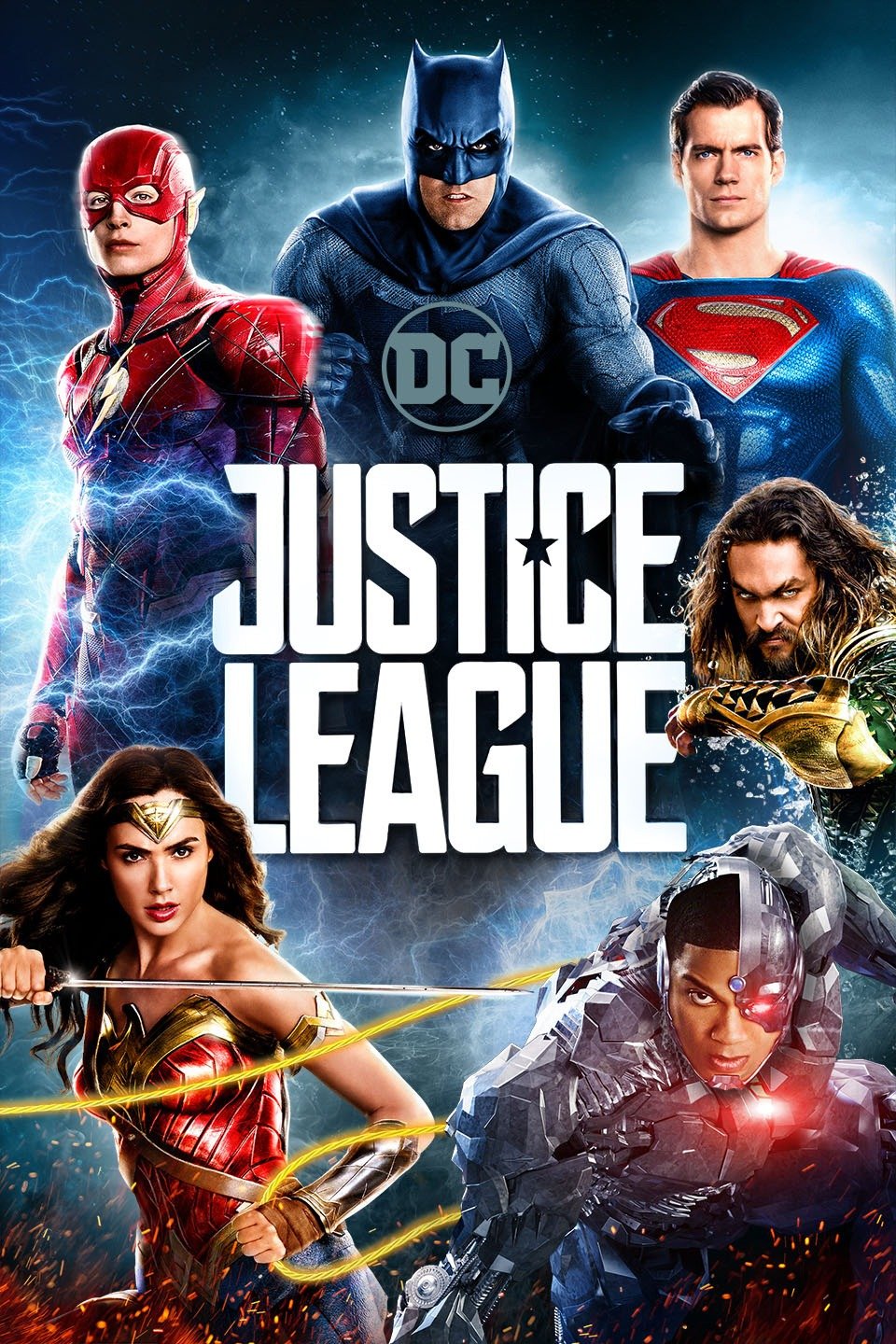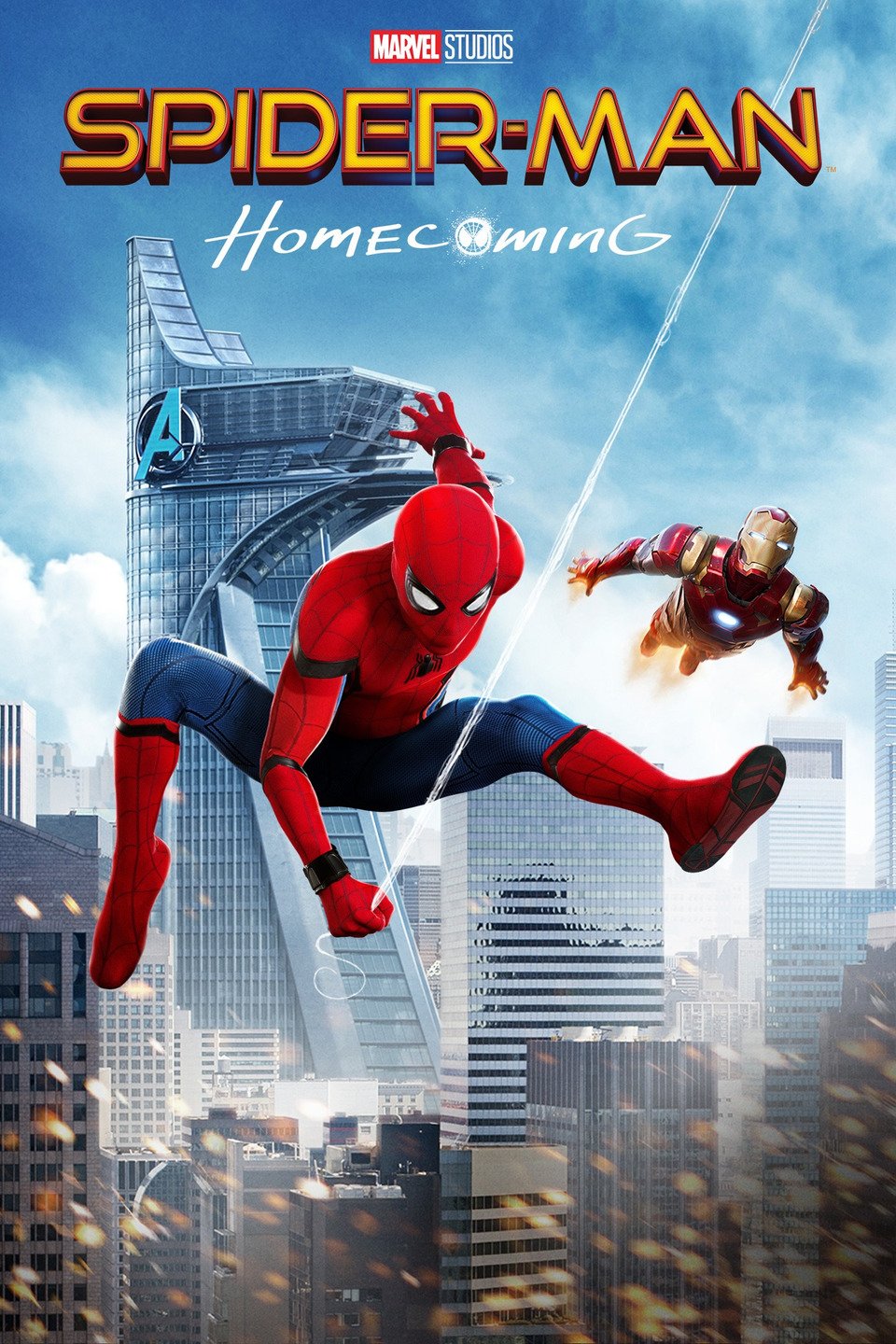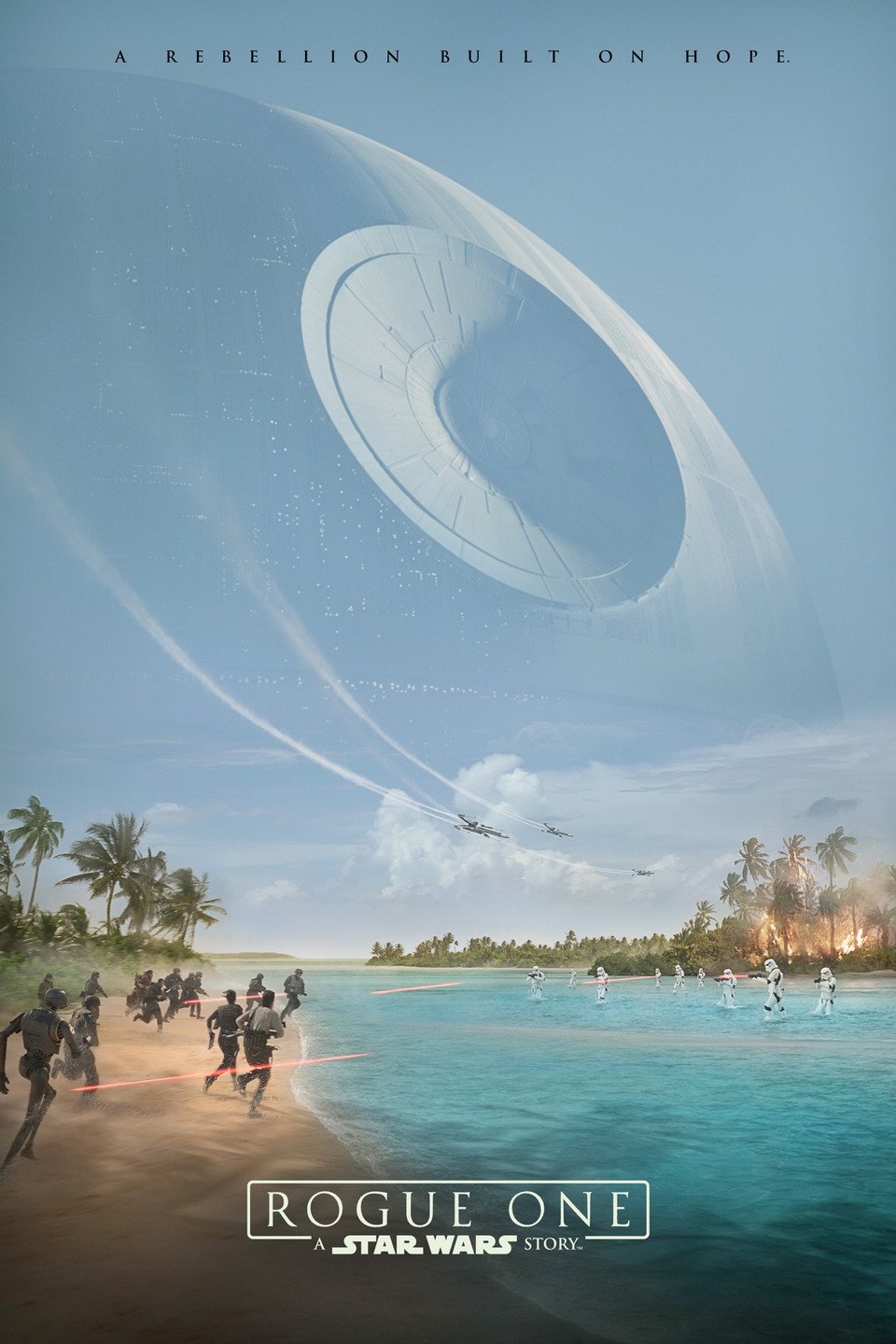DC comics do
not have a good track record with movies. Since launching the DC Cinematic
Universe, only one of their movies has a been a critical success. But most made
money at the box office, here we’re looking at DC’s first bonafide flop. The
movie was a bit of a mess behind the scenes thanks to Zack Snyder quitting the
project and being replaced by Joss Whedon, who rewrote parts of the script and
that entailed intensive reshoots.
For the
record, I hold no ill will to Zack Snyder for his decision to step down. The
loss of a loved one, especially under those circumstances, is a horrible thing
to go through and I totally understand his decision to step aside. Then studio
then mandated the film be under 2 hours long and wanted it released by the end
of 2017 so executives could get their bonuses before the merger of WB and
AT&T, this in spite of some hiccups in post-production.
The extent
of the reshoots brought the budget up to $300m, making it one of the most
expensive movies ever made. It made $657m at the box office; once marketing was
factored in that lead to an estimated $60m loss for the studio. So, where did
this movie go wrong? And did it deserve to fail?




